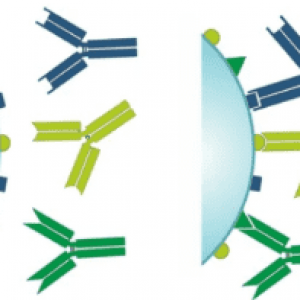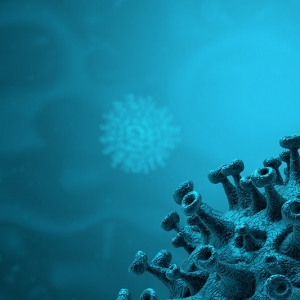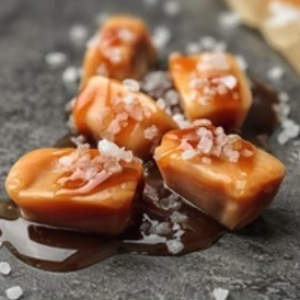We utilize a variety of model organisms for the construction of various age-related disease models and aging models.
Services
We are committed to providing you with high-quality animal models for aging research. From genetic standards and disease-specific models to surgically modified animals, you can rely on us completely. It is critical to the success of your research that you select or directly customize a more appropriate animal model for your study.
You can read below how to customize an animal model to meet your research needs.
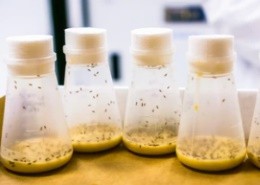
Primitive Organism Models
We often use the yeast Saccharomyces cerevisiae, the nematode Caenorhabditis elegans, and the fruit fly Drosophila melanogaster as ideal models for aging studies. We take full advantage of the short lifespan and longevity-related genes of these model organisms, tailored as valuable animal models for studying aging.
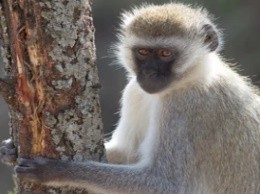
NHP Models
HNPs have a close phylogenetic relationship with humans, and therefore we are using a number of NHP models in age-related disease studies. We can provide custom services for some primate models such as rhesus, squirrel monkeys, and common marmosets. These models can be used for aging and longevity experiments.

Small Rodent Models
Mice and rats are often the animal models of choice for aging studies. Their relatively small body size and short lifespan make them easier to study. We can create a variety of mouse gene lines that mimic diseases associated with aging through targeted genetic manipulation. All of these mouse models can help scientists provide new insights into the mechanisms of aging.


